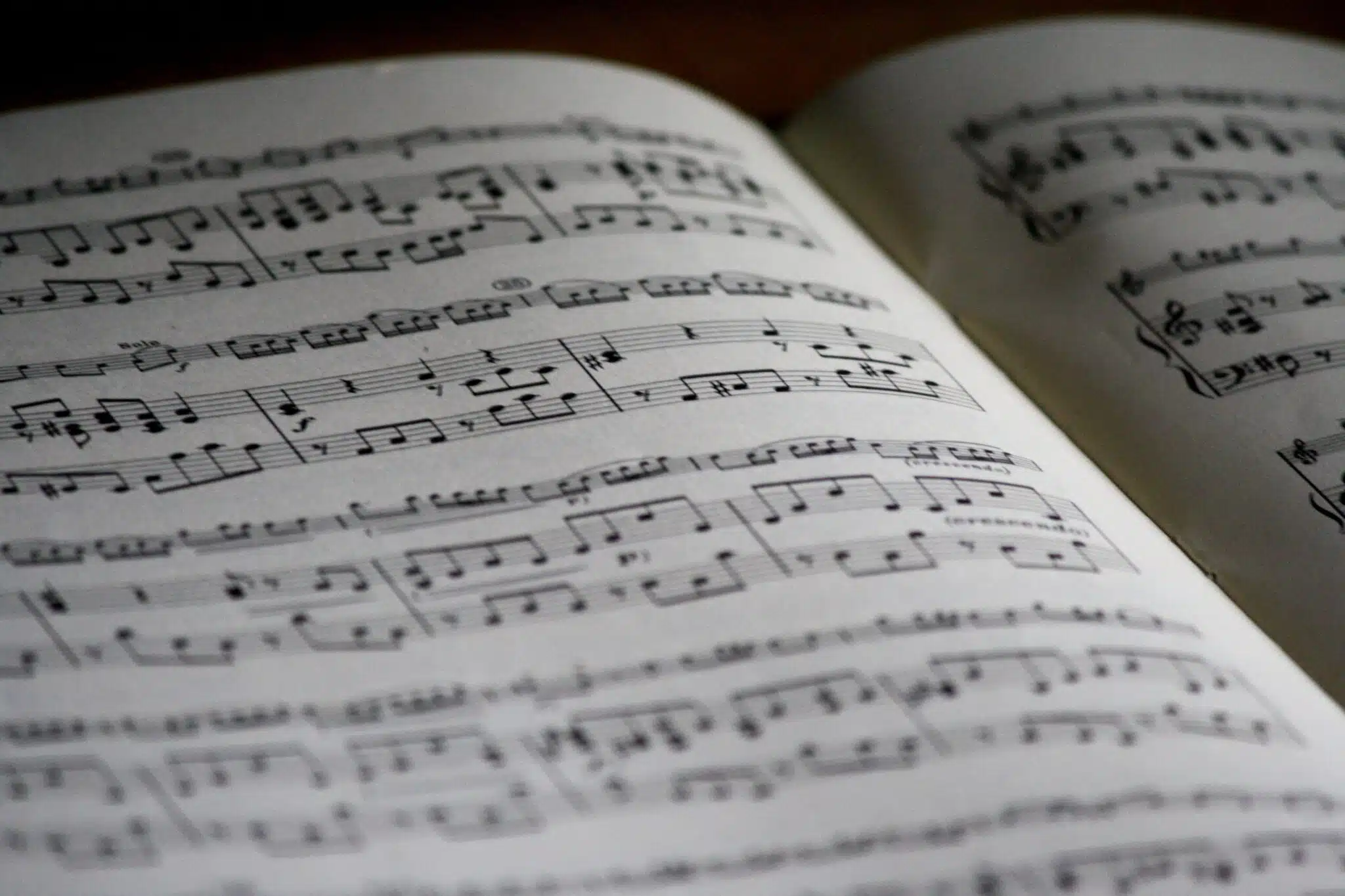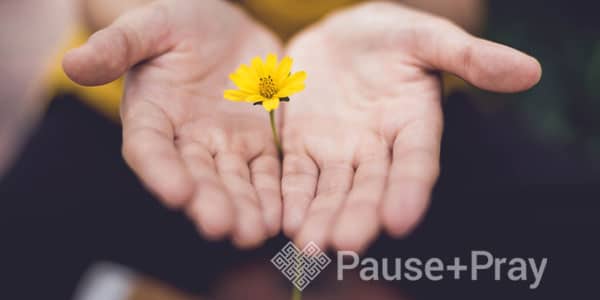Music was always around during my childhood. From hymns sung at Mass to my parents’ cassette tape collection of early rock and roll hits to piano lessons, there was no shortage of access to music for my four older brothers and me. Then there was the music my brothers discovered themselves, shared with each other and me, when I eventually took an interest. And the conversation hasn’t stopped.
That’s kind of how I think of music—essentially a very long conversation among humanity that reveals both the timeliness and the timelessness of art. Not to wax too philosophical, but I truly believe that music connects us to God and each other. If we think of music as a prayer—whether it’s offered up as a hymn, a ballad, or a 3-minute pop song—it becomes something far more profound. Our faith gifts us with many forms of prayer, from adoration to petition to devotional prayers such as the rosary. Not surprisingly, music often aligns around similar themes: love, loss, search for meaning and connection, gratitude, and even righteous anger.
‘Won’t You Help to Sing?’
One of my favorite forms of prayer is that of solidarity. In times of vicious division, endless war, and a near-constant scroll of bad news, it’s important to remember that we—the entire human race—are together, one in the body of Christ. Prayers of solidarity don’t diminish the importance of our differences; they connect us to our brothers and sisters in the human family, all 8 billion members.
A prime example of musical prayer of solidarity is “Redemption Song,” by Bob Marley. Written by a biracial Jamaican man on the cusp of the 1980s (aka the “greed decade”), this piece of music starts off as the lament of an enslaved person, stolen from his African homeland and chained within a slave ship bound for the New World, presumably a long time ago. However, Marley quickly brings the song into a clarion call for modern times, singing: “Emancipate yourself from mental slavery/None but ourselves can free our minds.”
Among references to the anxiety of living in the Atomic Age, Marley asks point blank: “How long shall they kill our prophets/While we stand aside and look?” It seems Marley himself was a prophet of sorts: St. Óscar Romero was assassinated only a few months after this song was written.
The most touching and emotive part of the song for me, though, has to be when Marley invites us: “Won’t you help to sing/These songs of freedom/’Cause all I ever had/Redemption songs/These songs of freedom.” That is, in its essence, a call for solidarity among the human family. Although Marley died far too soon—and only about a year after this song’s release—many others have gladly taken on the mantle of spreading this message of oneness, and thank God for that.
A cover of “Redemption Song” sung by Johnny Cash and Joe Strummer (of the Clash) is particularly poignant, as both lend their iconic voices and breathe new life into an already classic piece of music.








